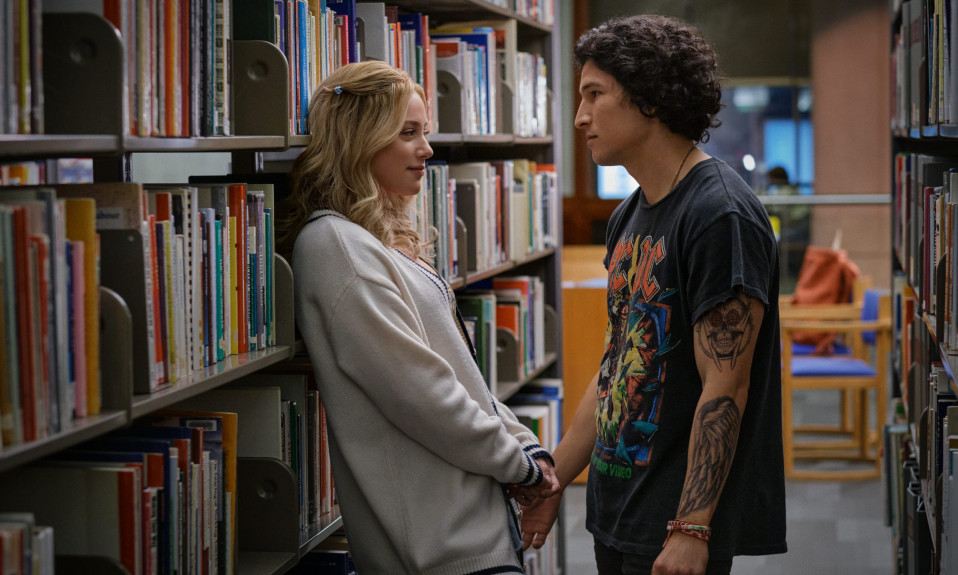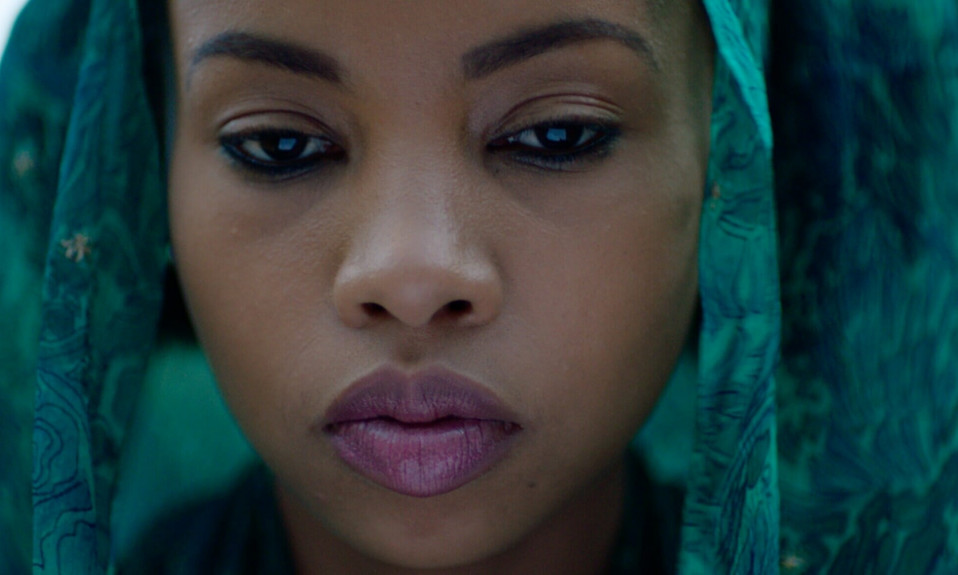A quick Google will tell you that feminism is the advocacy of women’s rights on the basis of equality of the sexes. We usually measure the progress of feminism with things like law reform and public protests. Of course, these big loud changes are accurate milestones in the quest for gender equity. But we can see feminism in even the smaller, subtler aspects of everyday life. Books, art, and, of course, movies. More specifically, I’m talking about rom-coms.
No movie genre more accurately shows public perception of feminism than the humble romantic comedy. I have two reasons to back up this theory. Romance stories paint a detailed picture of the roles of women and men in society – their work, marriages, money, and sex lives. The added aspect of comedy makes these portrayals more truthful than other genres. People tend to be more honest and more revealing when they’re telling a joke than when they’re speaking plainly. Combine these, and you get rom-coms.
Let’s get a little more specific with place and time. Here we shall look at three American rom-coms and break down what they tell us about feminism in America over the ages.
The Seven Year Itch (1955)
This blockbuster from the Golden Age of Hollywood follows a few days in the life of Richard Sherman, a married man in New York who struggles to resist the urge to commit adultery while his wife and son visit Maine for the summer. Although the movie didn’t have anything overtly sexual, there were sexually suggestive jokes throughout, a testament to the censorship laws of the time.
The 1950s are often painted as a time of old-fashioned Americana values, but this film shows that even the makers of those ideals weren’t happy. It was pretty much an open secret that married men became “summer bachelors” by cheating when their wives were away. The men felt trapped in their marriages, and the women were treated like little more than pretty faces.
What struck me the most is that Richard’s love interest was never given a name, even if she was a lead character. She was listed in the credits of the film as merely “The Girl”. Richard spent days talking to her but never even asked her name. He saw her more as a figment of his imagination than as a real person.
Pretty Woman (1990)
This 90s classic is a love story between Edward Lewis, a wealthy businessman, and Vivian, a Hollywood prostitute. When Edward’s girlfriend dumps him, he hires Vivian to escort him to social gatherings. The two soon fall in love and eventually, Edward rescues Vivian from poverty.
Pretty Woman is more of an escapist modern fairytale than an accurate depiction of real-life romance. Still, it tells us something about popular views of the nineties. While marriage was still the norm, it was no longer the be-all and end-all of life. Edward managed to be a respected businessman even though he avoided committed relationships until he met Vivian. And even though the 90s was an age of female empowerment and women supporting themselves, being taken care of by a rich man was still seen as a fairytale ending.
Look Both Ways (2022)
In this recent film, we follow the life of twenty-something Natalie in two alternate realities. In her senior year of college, she has one-off sex with her friend and she later takes a pregnancy test on the night of her graduation. Here, her life splits into two alternate paths, one in which she is pregnant and moves back in with her parents, and in the other the test is negative and she moves to Los Angeles to pursue a career in animation.
What I love most about this film is that she has a happy ending in both realities, but she ends up with a different man in each. Her true fulfilment came from pursuing her art, regardless of whom she was dating, where she was living or if she had a child. This reflects the current contemporary feminism, in which a man and marriage are no longer seen as the only possible life goals for a woman. Natalie did pursue love and family, but at the end of the day, her happiness lay in her work.
All in All
There are too many rom-coms for anyone to analyse in one short blog post, but I hope this gives a glimpse of how our social beliefs and politics leak into everyday media. Feminism isn’t going anywhere anytime soon, and neither is the beloved genre of romantic comedy.
Also Read: Too Awkward For Love: Understanding the British Rom-Com












